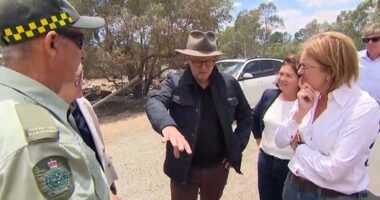Share this @internewscast.com
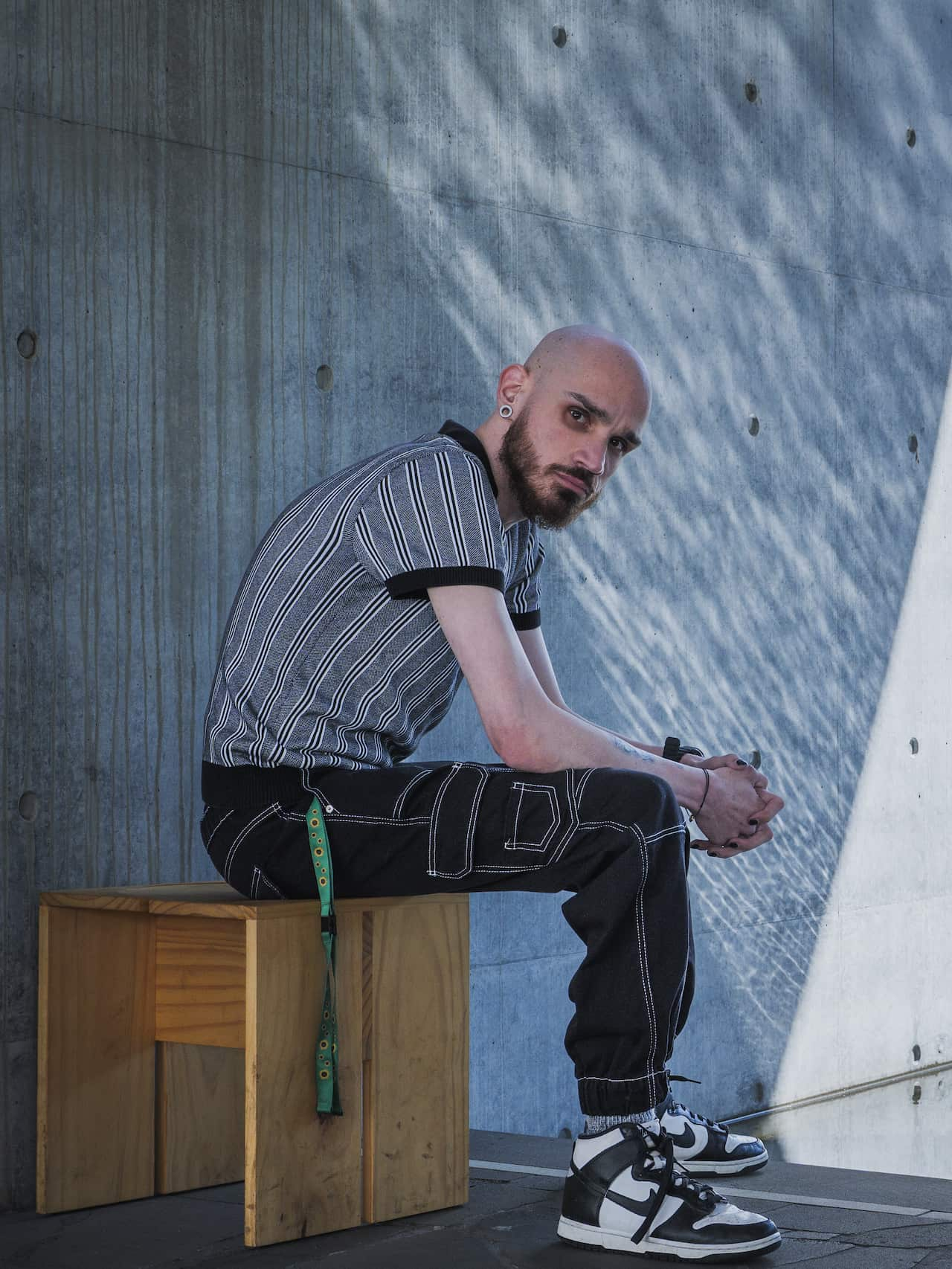
Cartwright, who has multiple disabilities, expresses that he perceives the world in a different way. Credit: Otis Filley
“I didn’t know what the legacy, or the message, of my movie was going to be,” he tells SBS News.
“But it turned out to be this law.”
Under administration
“[Having] a social life and friends were difficult,” he says.
While I didn’t really have a childhood, I was forced into having to deal with life and navigate it at a young age.
Cartwright understands this was due to “inappropriate” spending.
In several states, there are growing worries that guardianship might be increasingly utilized by service providers as a strategy to sidestep engaging with families advocating for an individual’s rights.
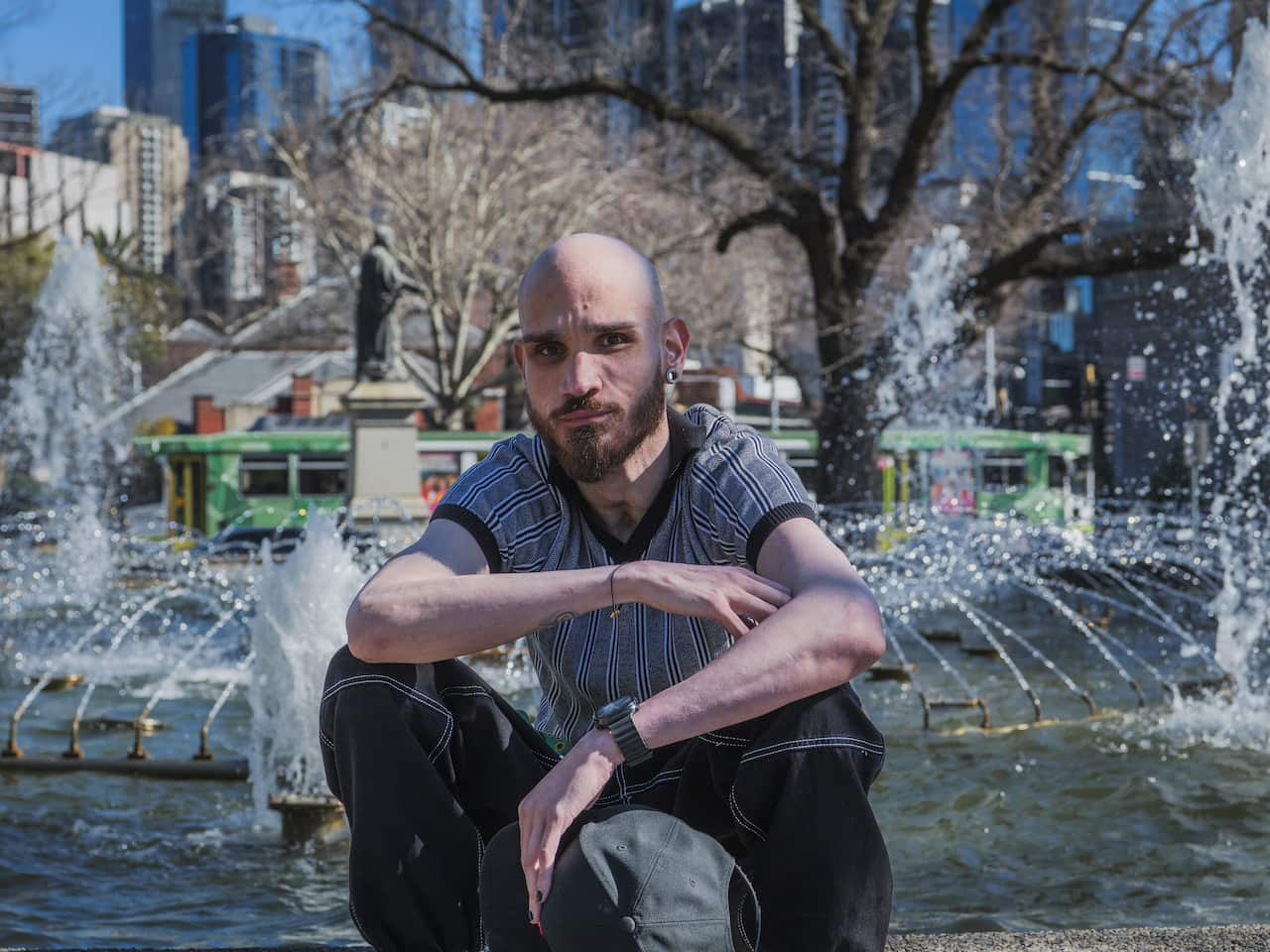
Cartwright was subject to an administration order for three years. Credit: Otis Filley
In Cartwright’s experience, being under an administration order “strips you of your identity even more”.
After three years, his order was revoked.
Telling his story
In Cartwright’s case, this meant he could not legally identify himself.
- SBS News is investigating experiences of guardianship in Australia. Have you got a story to share?
- Get in touch at investigations@sbs.com.au or securely contact Emma Brancatisano at emmabrancatisano.journalist@protonmail.com.
He is one of the very few Australians currently or formerly under guardianship or administration orders able to do so.
‘We need to start somewhere’
“You cannot protect or solve something unless you have experienced it yourself. If you haven’t, it’s crucial to listen to those who have,” he asserts.
Cartwright sees reforming gag laws as a first step towards navigating — and reforming — the “complicated” guardianship system as a whole.
If we don’t change this law, we can’t talk about it openly.
“We need to start somewhere.”
A fresh push in Victoria
“By silencing individuals, this provision grants guardians, administrators, and service providers immunity from examination — a glaring weakness in the current legal framework.”
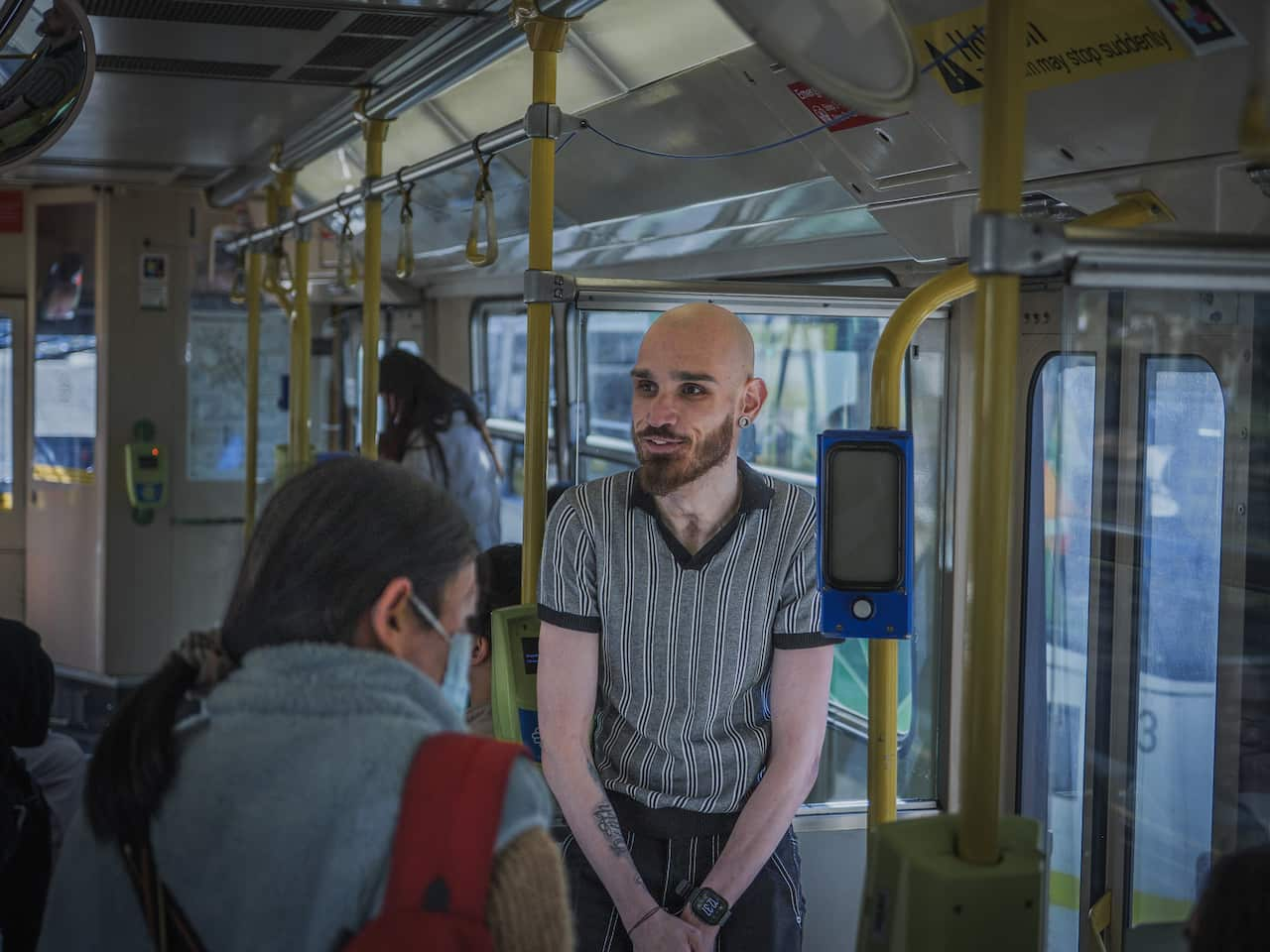
Cartwright believes reforming gag laws is a first step to bring about change. Credit: Otis Filley
The push for reform in Victoria is backed by the Office of the Public Advocate — the state disability rights advocacy body — along with disability advocacy organisation VALID, and service providers Yooralla and Life Without Barriers.
“We remain committed to collaborating with the Office of the Public Advocate and those with firsthand experience in disability and guardianship to ensure that Victoria’s legislation stays effective.”
Tasmania leading reforms
“As an organization that strives to uphold individuals’ rights daily, we found ourselves unable to shield them — it was a clash between David and Goliath, where Goliath always prevailed.”
We knew the whole guardianship system had to change, and we knew people’s stories were how you open the door to a possibility of change.
A Department of Justice spokesperson confirmed in a statement that restrictions prohibiting the disclosure of information relating to a represented person under the Guardianship and Administration Act 1995 were removed last September.
“While people can now freely consent to telling their own story, we are still hearing far too many similar stories. People are still being denied choice and agency in their own lives, under the guise of protecting them from harm.”
Guardianship gag laws across Australia
The spokesperson said the government “will consider” the issue in light of recommendations from a NSW Law Reform Commission review.
“Consideration is still being given to whether changes are needed to ensure that an individual’s right to speak about their experiences is protected while also ensuring sufficient safeguards are in place.”
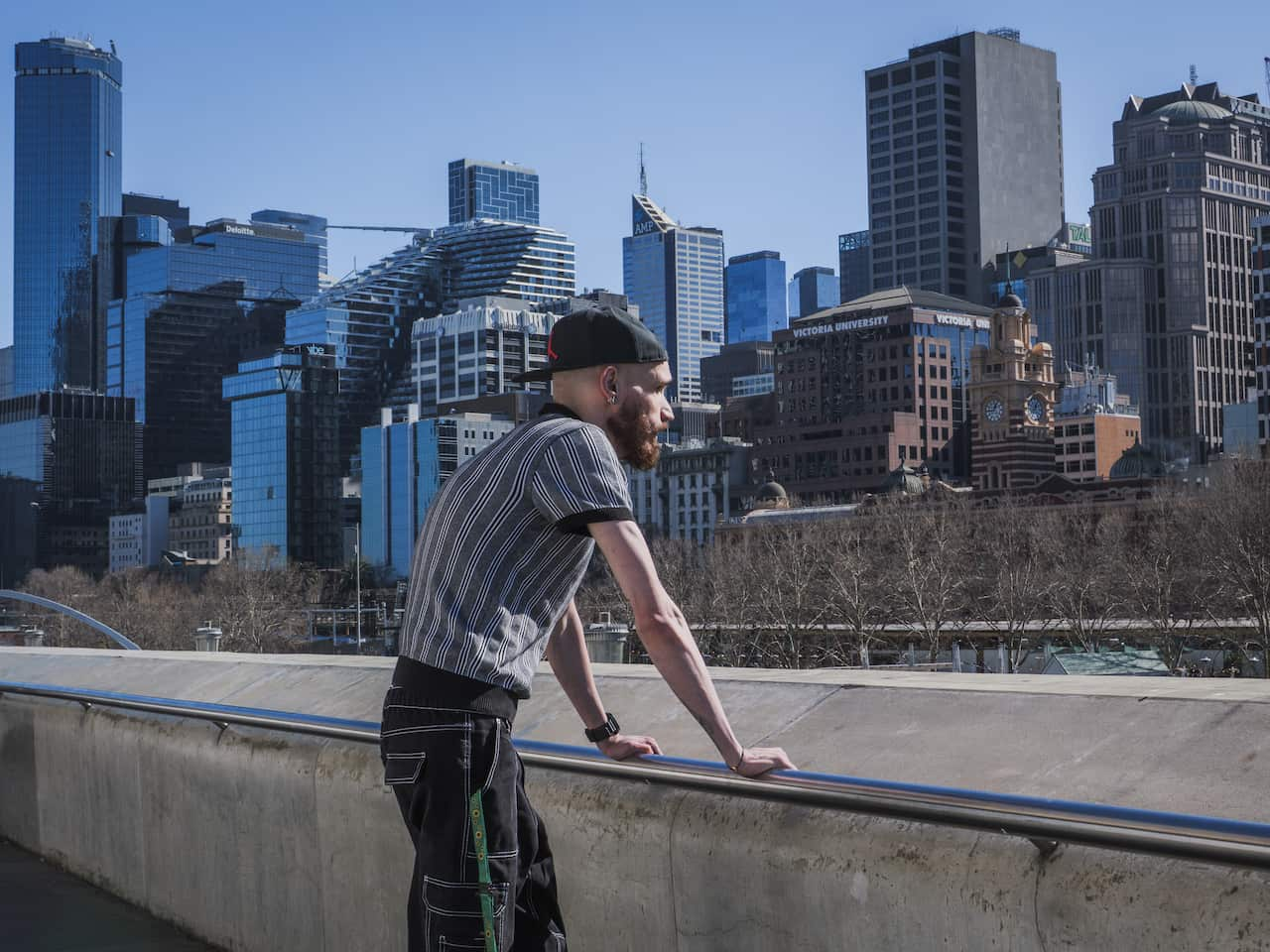
Cartwright is setting his sights beyond Victoria, as reforms are being considered across the country. Credit: Otis Filley
In Western Australia, a person must not publish or broadcast any report that identifies or could lead to the identification of a protected person. There is no tribunal discretion under any circumstances.
A Department of Justice spokesperson said the state’s Law Reform Commission is currently conducting a review.

